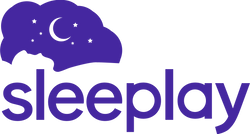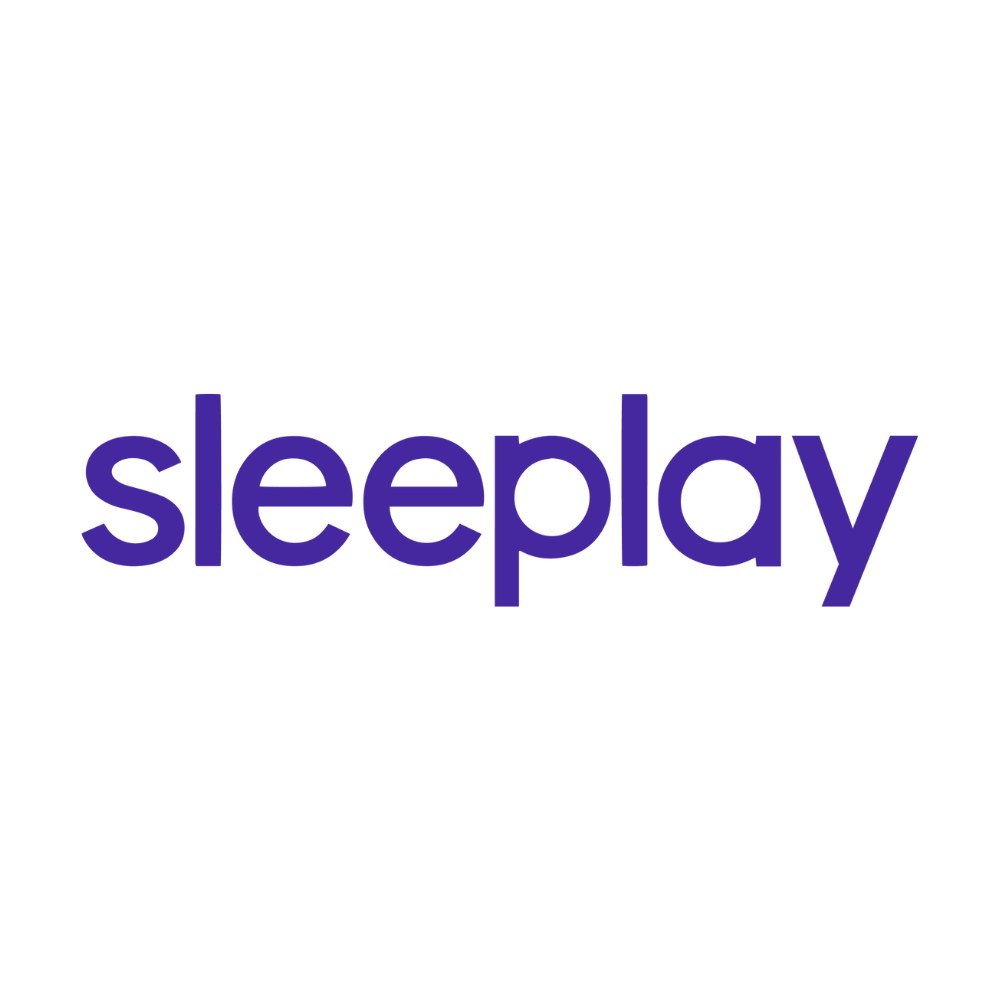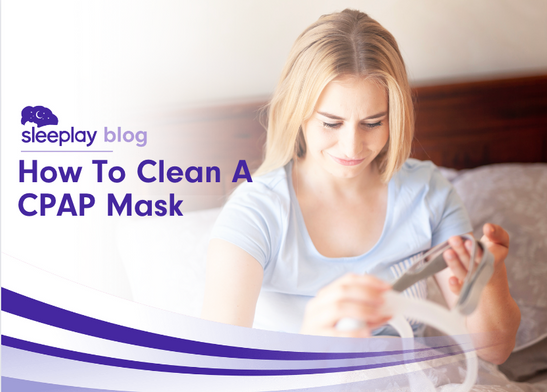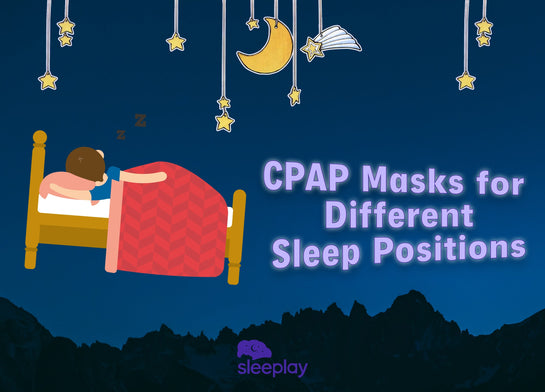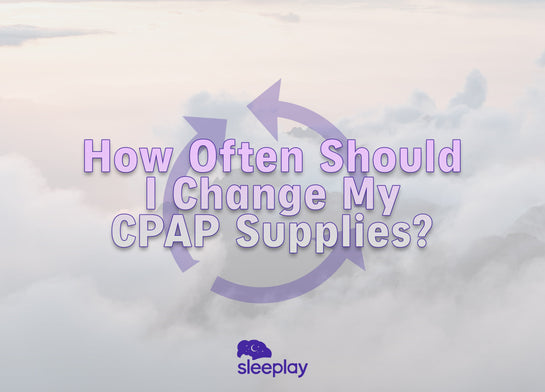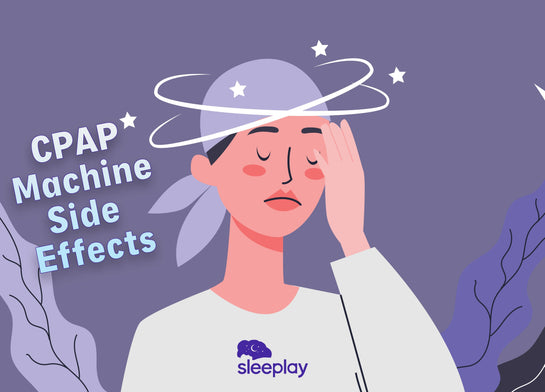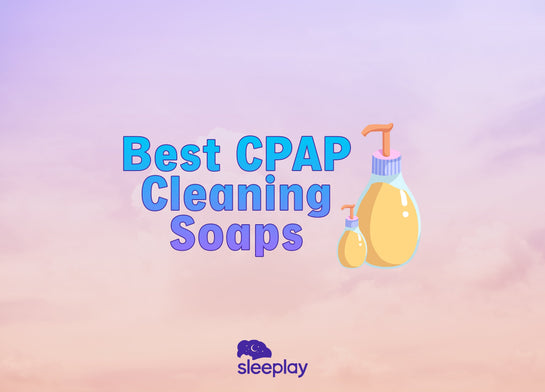Continuous Positive Airway Pressure Therapy: What is it?
Sleep apnea is a condition that affects an estimated 936 million people around the world. In reality, this number is just the best guess of the scientific community. It is estimated that 80 percent of people with sleep apnea never receive a diagnosis. The 20 percent who do receive a diagnosis are usually prescribed a continuous positive airway pressure, or CPAP, machine.
Read more to learn about the ubiquitous condition known as sleep apnea and what you can do about it.
How Did Continuous Positive Airway Pressure Therapy Start?
For most of the 20th century, sleep apnea was mostly ignored by medical science. It was not even considered treatable except through intensive surgery until the breakthrough invention of continuous positive airway pressure therapy in 1980 by Dr. Colin Sullivan.
The start of CPAP marked the beginning of the modern history of sleep apnea and a dramatic change in lifestyle for the folks who lived with sleep apnea in pre-CPAP times. CPAP therapy today is the default treatment doctors prescribe when you are diagnosed with severe sleep apnea.
Who Uses CPAP Therapy? (Problem Snorers)

It is not just people with sleep apnea who will want to look into CPAP treatment. As a rule of thumb, you can consider continuous positive airway pressure therapy to be a treatment for any snoring caused by obstructions in the throat.
Snoring when it is not caused by any obstructive phenomenon is known as primary snoring. Primary snoring is normal and has no adverse health consequences outside of any harm that might come to you from your bed partner's annoyance.
If you are a heavy snorer, you do not necessarily need a CPAP machine, but you should consider going to the doctor. Heavy snorers are at an elevated risk for sleep apnea. This is particularly true if you find yourself waking up choking in the middle of the night, daytime sleepiness, and chronic headaches.
Common Sleep Disorders Caused by Obstructions
There are many respiratory conditions that can be helped with continuous positive airway pressure therapy.
Sleep apnea:
Sleep apneas occur when one's breathing is interrupted during sleep. If your doctor diagnoses you with sleep apnea, it is likely that you are suffering from frequent apneas — meaning several per hour. They can last anywhere from 10 seconds all the way to a full minute. They also tend to be a chronic problem— meaning throughout the entire night and lasting weeks or months.
Unchecked, sleep apnea can profoundly affect your health and well-being through your mood, relationships, immune system, and your ability to retain new information. CPAP masks help those who suffer from acute sleep apnea get a better quality of sleep and thus live better lives.
Sleep apnea can combine with other medical factors to produce dangerous results, for example, it is known to worsen chronic illnesses like high blood pressure.
UARS:
Those who have been diagnosed with Upper Airway Resistance Syndrome (UARS) will also want to look into CPAP machines.
This is a disorder that also consists of overly relaxed muscles in the airways, but unlike sleep apnea, the problem does not come from abrupt pauses in your regular pattern, but rather chronically constricted airways.
Having UARS is like breathing through a coffee straw all night.
For the exact same reasons as sleep apnea, UARS can tie into greater health and wellbeing problems.
Types of Positive Airway Pressure Machines
Below are three types of CPAP masks. They differ in how they use air pressure to assist your breathing while you sleep. The sleep experts at Sleeplay can help you find the best machine for you as well as the best CPAP masks to go with it.
CPAP: (Continuous Positive Airway Pressure)
For people who need the same pressure when they inhale as when they exhale. It is for patients who do not have CSA or obese hyperventilation.
BiPAP: (Bi-positive Positive Airway Pressure)
For people who require different pressure for inhaling than exhaling. This product is trademarked by Philips Respironics.
APAP: (Automatic Positive Airway Pressure)
For people who have increased apnea events during REM sleep and those who toss and turn at night.
Conclusion

Continuous airway pressure therapy is the most common non-surgical treatment for people who suffer from sleep apnea. If you find that you are constantly snoring loudly and wake up tired and with a headache, you may be one of 22 million Americans who live with this condition.
Not being able to rest is exactly as fatiguing for your mind and body as it sounds. You can rely on us for help. We’ll not only answer any questions you have about the process of living with CPAP, but we also make getting great equipment and accessories a cinch with special offers and our Afterpay checkout option.
Anybody who experiences nightly obstructions in the throat should consider investing in a CPAP device. Even if your doctor says it is only a partial obstruction, that is enough to lead to severe negative changes in your quality of life.
By itself, these sleep disorders are not life-threatening conditions, but they are disastrous for your overall health. Your mind and body need rest!
Join the conversation!, login and comment.
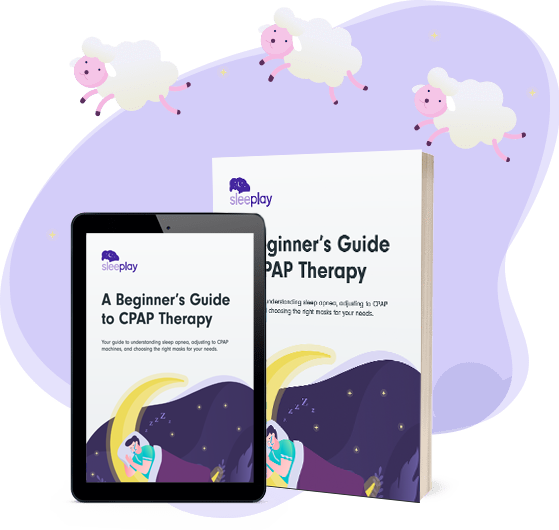
Get your guide to understanding sleep apnea, adjusting to CPAP machines, and choosing the right masks for your needs.
